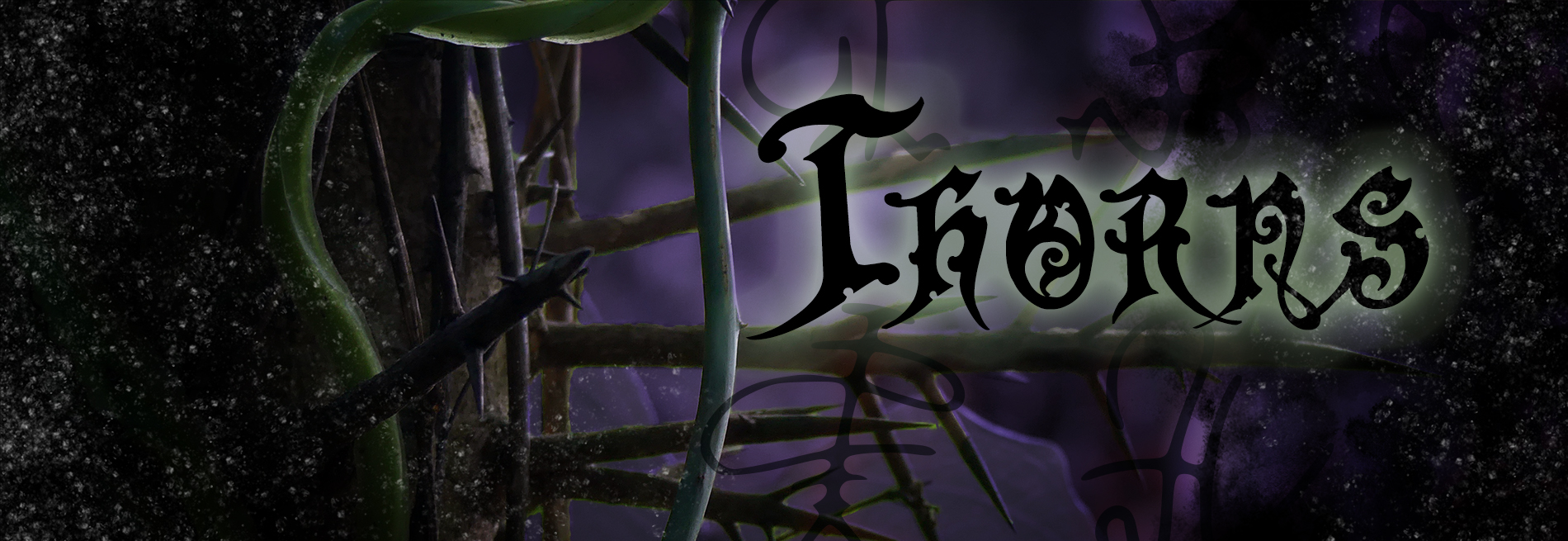Kabbalah
At its heart, Kabbalah is an esoteric Jewish tradition. But a lot of its tenets have spread to other parts of western mysticism, in particular Hermetic Magic.
The study of the Torah is essential to understand kabbalistic traditions. It emphasises a worldview of divine emanations, structured along the paths of the Tree of Life. At the top is Keter (translated as The Crown and associated with the plane Keter), the most divine and where God resides. At the other end is Malkuth (translated as Kingdom, as in the Kingdom on Earth and associated with the Foundation). The sefiroth (spheres) in between are not just seen as the planes of existence, but also as aspects of one's soul. Ideas and the focus of one's being should come from a place of divinity, symbolised by Keter, and then follow the steps along the pathways of the Tree in order to be healthy.
Calling on the aspects of the soul through the sefira aligned with your needs is a way to channel the magic of a Branch that suits it. Some even attempt to channel the pathways between two sefirot as a way to master the Thicket of Thorns.
History
The first ideas behind Kabbalah surfaced sometime around 1,000 BCE and developed alongside Talmudic traditions. It formed as its own discipline during the early middle ages. It mingled with the resurgence of gnostic ideas within fringe Christian groups.
As modern times have approached, Kabbalah hs both diverged into different traditions, most notably Jewish versus non-Jewish ones, but it has also been more codified and therefore more cohesive.
Execution
The use of Kabbalah for magic is one of introspection and symbolism. Rituals include drawing the path and sefira that are channelled. Objects and materials representing these are placed in positions of power, such as the cardinal directions. The practitioner then meditates on the desired effects and allows their soul to reach for divinity.
Participants
Like Thaumaturgy, Kabbalah depends on the idea of the divine. As such, it has a strong link to the Elohim. Those new to this tradition are not always prepared for how brutal and otherworldly angels actually are. The divine is powerful and awe-inspiring, not always pleasant.
Common Branches
Death Branch
Desire Branch
Dreams Branch
Fate Branch
Related Ethnicities



Comments